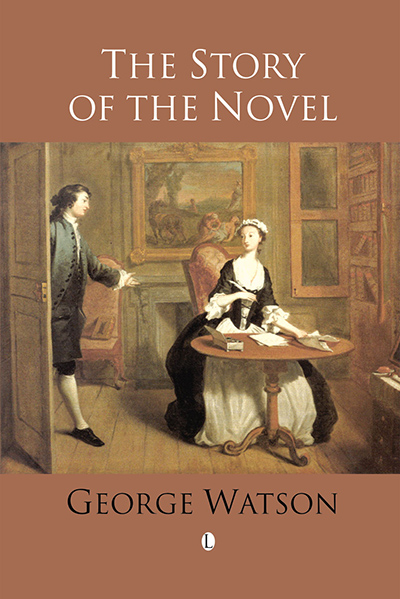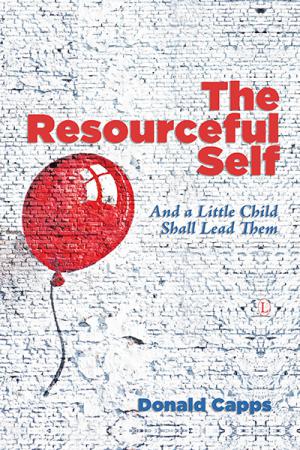Description
As George Watson playfully observes, the story is the best thing about a novel. The deliberately ambiguous title of his book reflects the fact that it combines a study of the art of narrative with the history of the novel as a literary form, since its emergence some three centuries ago.
Employing a thematic approach, the author moves from one aspect of narrative to another rather than discussing novelists chronologically. The book considers various kinds of novels, such as the memoir novel and discusses issues such as the presentation of dialogue, the creation of scenes, tense and time and the relationship between the novel and history.
Arguments are illustrated by well-known rather than obscure works, or novels likely to be familiar to students who take this book as a starting-point for the modern study of narrative. The reader is presented with a clear picture of how the novel has evolved and how its chief conventions have developed and changed since the seventeenth century.
This new and revised edition brings back to life this invaluable and straightforward work on the technique of the novel, which first appeared in 1979.
About the Author
George Watson was Fellow in English at St John’s College, Cambridge, and had been Sandars Reader in Bibliography. He published a number of books on literature and political thought, including The Literary Critics, and was general editor of the New Cambridge Bibliography of English Literature. His other publications with the Lutterworth Press include: Lost Literature of Socialism (1st Edition 1998, 2nd Edition 2010); Never Ones for Theory? England and the War of Ideas (2001); The English Ideology: Studies on the Language of Victorian Politics (2004); Take Back the Past: Myths of the Twentieth Century (2007); and Heresies and Heretics: Memories of the Twentieth Century (2013). He died in 2013.
Contents
Preface
1. Memoirs
2. Letters
3. Dialogue
4. Titles and Devices
5. Beginning and Ending
6. Tense and Time
7. History in its Place
8. Things on the Mind
9. Scene-making
10. How Novelists Write
11. An Apology for Fiction
Notes for Further Reading
Glossary of European Terms
Index
Endorsements and Reviews
Mr Watson has written a lively and illuminating account of the development of a particular genre … his lucidity is most welcome.
Journal of Further & Higher Education
A splendid, stimulating and useful book.
John Carey






